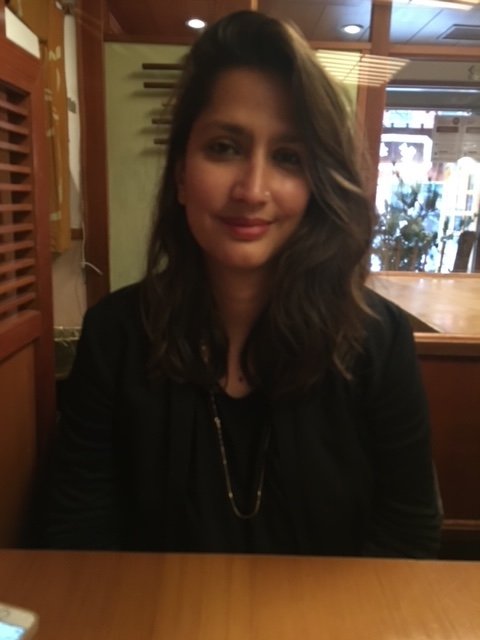Asylum Medicine Education
Asylum Medicine Elective Course at CHA
In collaboration with CHA's Asylum Program, CHEEA has developed an interdisciplinary, year-long elective course on asylum medicine for medical residents and postdoctoral fellows in clinical psychology at multiple institutions across the greater Boston area. Launched in 2022, this elective utilizes the Asylum Medicine Training Initiative's Introductory Curriculum paired with live, virtual small groups and mentorship to teach trainees to conduct trauma-informed forensic medical and mental health evaluations (FMEs). Upon completion of this course, graduates are qualified to conduct FMEs with national organizations including Physicians for Human Rights.
For more information about this program, please email eemery@challiance.org.
About the Asylum Medicine Training Initiative
CHA is a co-leader of the Asylum Medicine Training Initiative (AMTI), a national working group of 80 experts from over 40 institutions that develops virtual, peer-reviewed, educational content in asylum medicine based on international standards. AMTI’s Introductory Curriculum includes an introduction to asylum law as well as detailed instruction on how to conduct trauma-informed forensic medical and mental health evaluations and document one’s findings in a medico-legal affidavit. The curriculum was developed using best practices in medical education and is designed to pair with live virtual or in-person sessions in a flipped classroom format. It is available to health, legal, and human rights professionals free of charge on AMTI's website.
What is Asylum Medicine?
CHEEA is committed to growing the field of asylum medicine by training clinicians to conduct forensic medical and mental health evaluations (FMEs) for people seeking asylum and other forms of humanitarian protection in the U.S. During an FME, clinicians evaluate people applying for asylum for physical and psychological evidence of past harm and compile their findings in a medico-legal affidavit that can be used as evidence in immigration proceedings. Asylum medicine also offers a concrete way for physicians to engage with their social responsibility to promote wellbeing at the population level by addressing social determinants of health, including human rights abuses. Multiple professional medical societies now recognize this kind of health advocacy aimed at addressing health inequities as a core tenet of medical professionalism. Moreover, CHEEA acknowledges the important role that asylum medicine can play in medical education by exposing learners to key competencies that are broadly applicable to their work with all patient populations, including how to practice trauma-informed, culturally sensitive care. For more information on the benefits of asylum medicine in medical education, check out this article.
Faculty
-

Diya Kallivayalil, PhD
Diya Kallivayalil, PhD, is the Director of Training at the Victims of Violence Program at Cambridge Health Alliance and an Assistant Professor (part time) in the Department of Psychiatry at Harvard Medical School. Her clinical specialty is in the treatment of trauma-related disorders. She is a member of the task force for human rights of the American Psychological Association. She has published in the areas of complex trauma, gender-based violence, homicide bereavement and refugee health.
-

Eleanor Emery, MD
Eleanor (Ellie) Emery is an internist with the Department of Internal Medicine at Northern Navajo Medical Center and an Instructor of Medicine, Part-Time at Harvard Medical School. Her work includes clinical, advocacy, and research efforts focused on improving access to high quality, trauma-informed care for underserved communities, including on Navajo Nation where she lives and practices clinically. Ellie has expertise in conducting forensic medical evaluations for people seeking asylum in the U.S. and has founded and led asylum clinics at Weill Cornell Medical College, Massachusetts General Hospital, UCLA, the University of New Mexico, and Cambridge Health Alliance. She co-leads the Asylum Medicine Training Initiative, a national working group of 80 experts from over 40 institutions that developed a virtual, peer-reviewed introductory curriculum featuring best practices in asylum medicine based on international standards. Ellie also serves as the Program Director of Asylum Medicine Education at the Cambridge Health Alliance’s Center for Health Equity Education and Advocacy, and in this capacity developed and co-leads an interdisciplinary, year-long elective course in asylum medicine for CHA residents.



